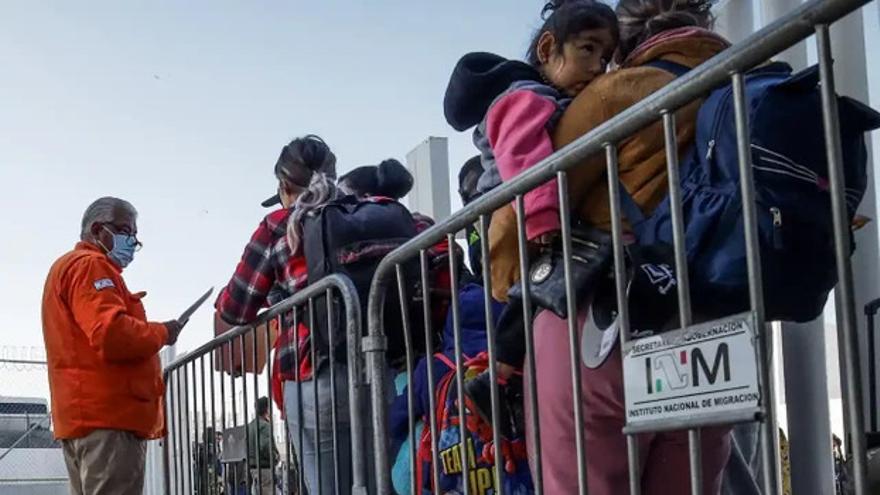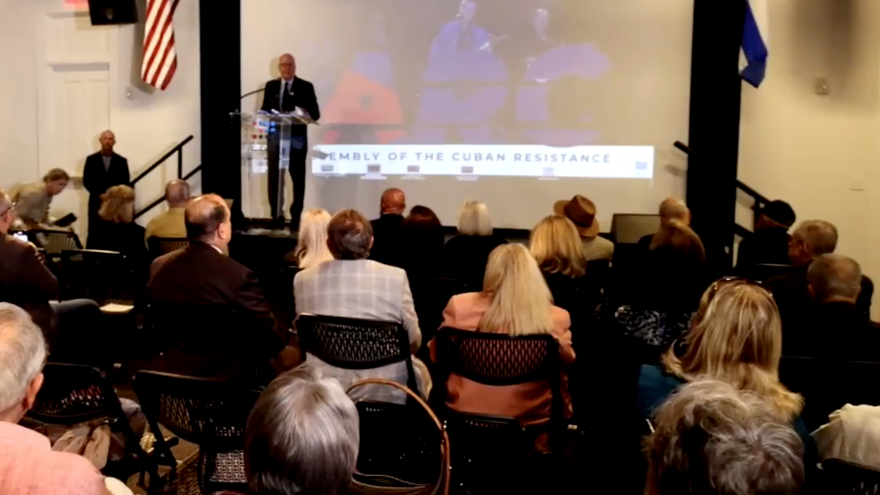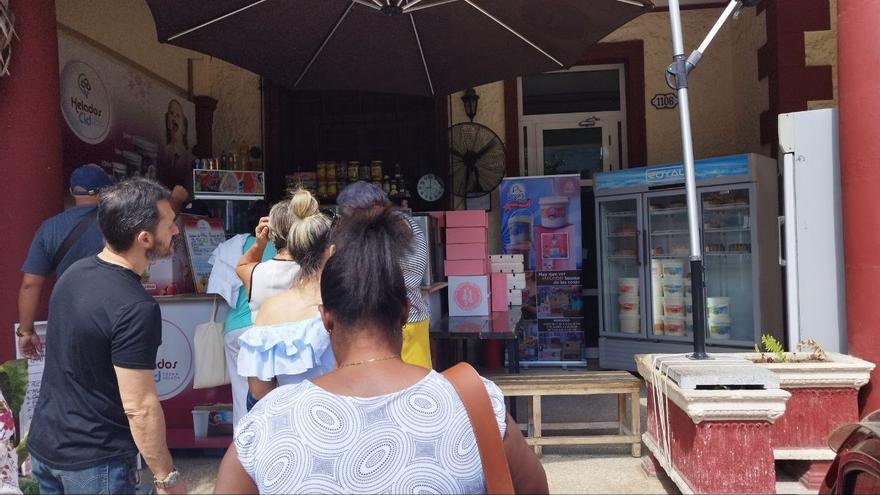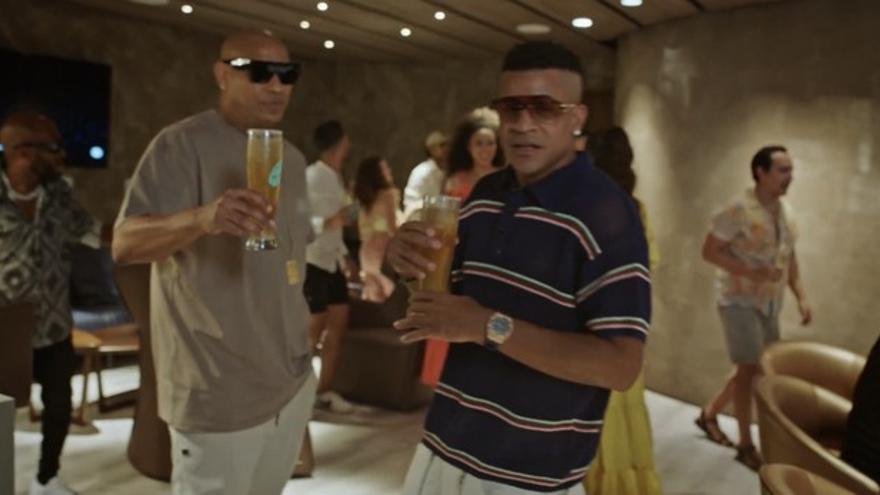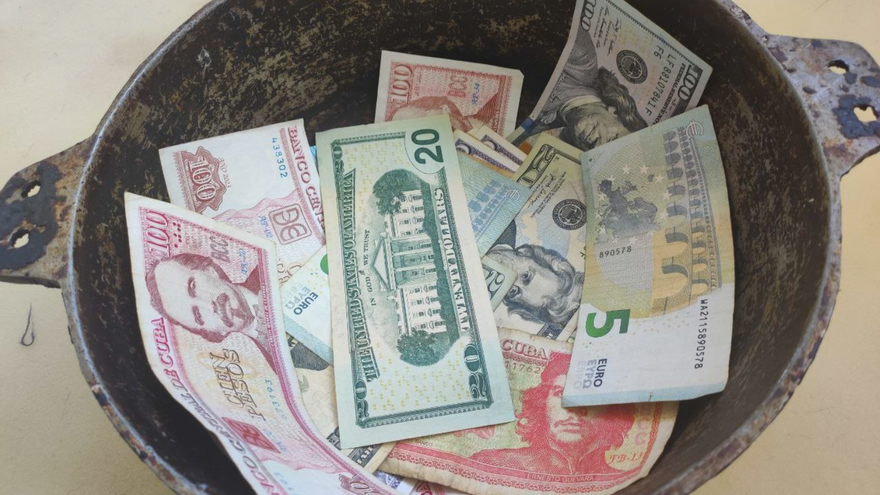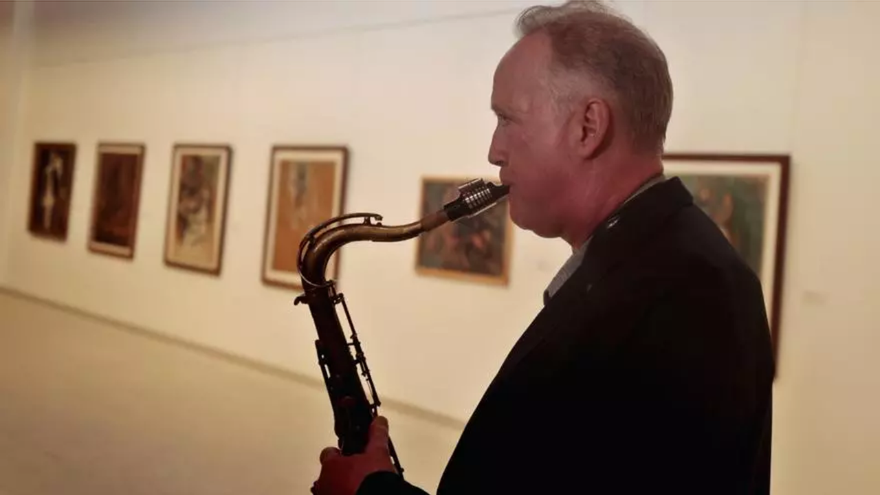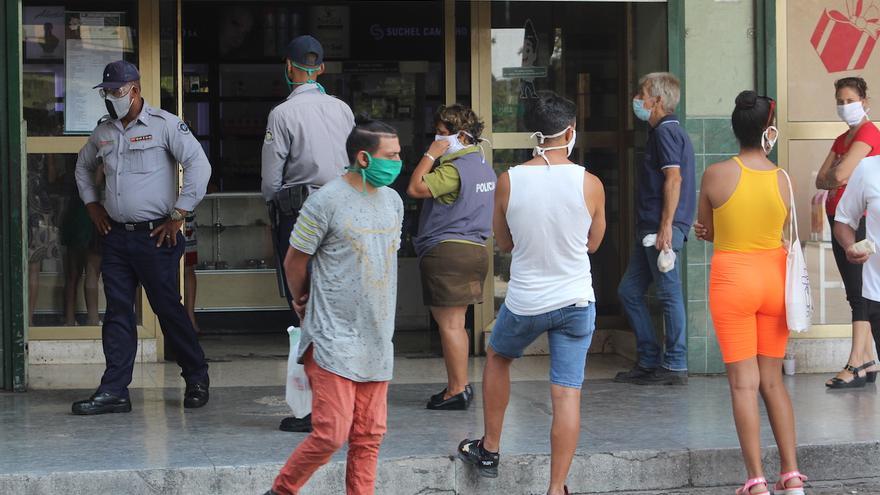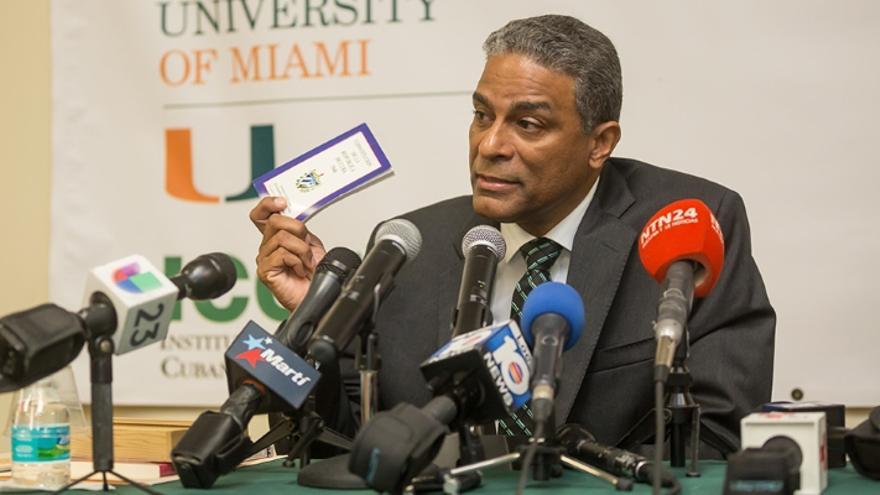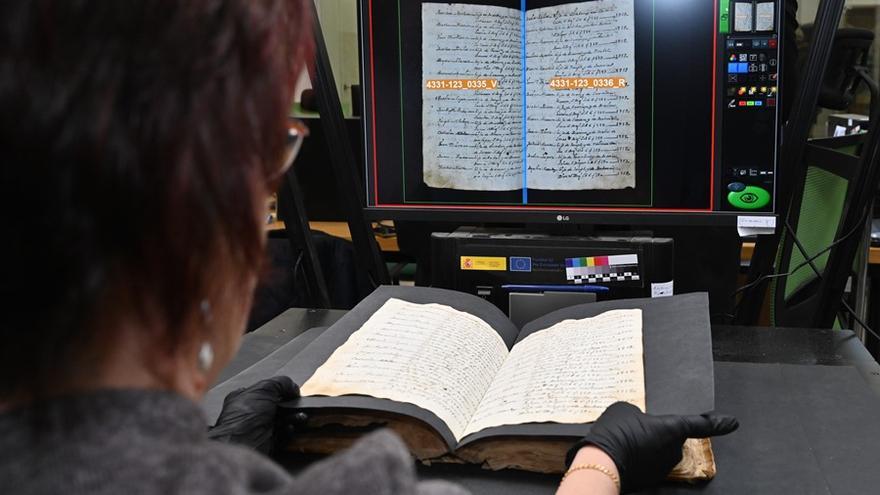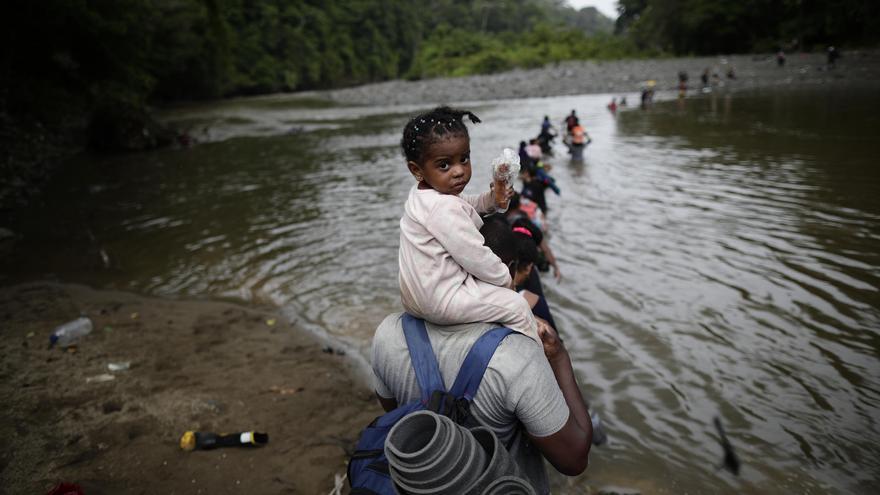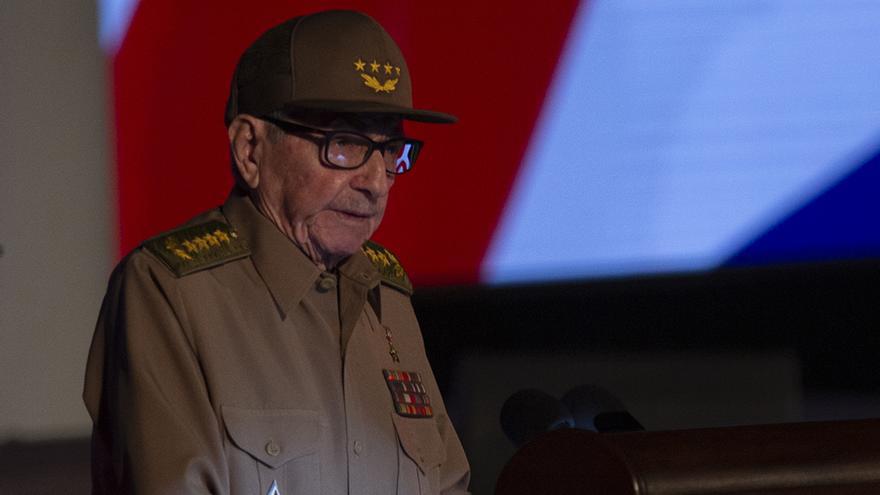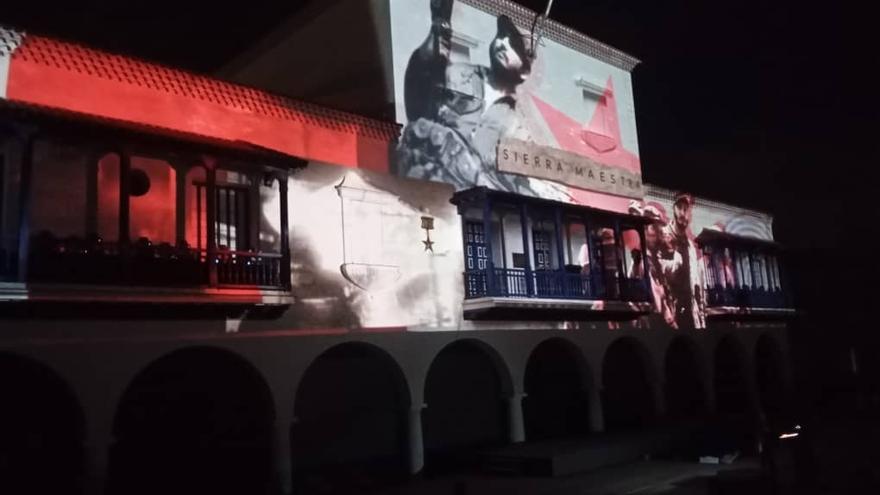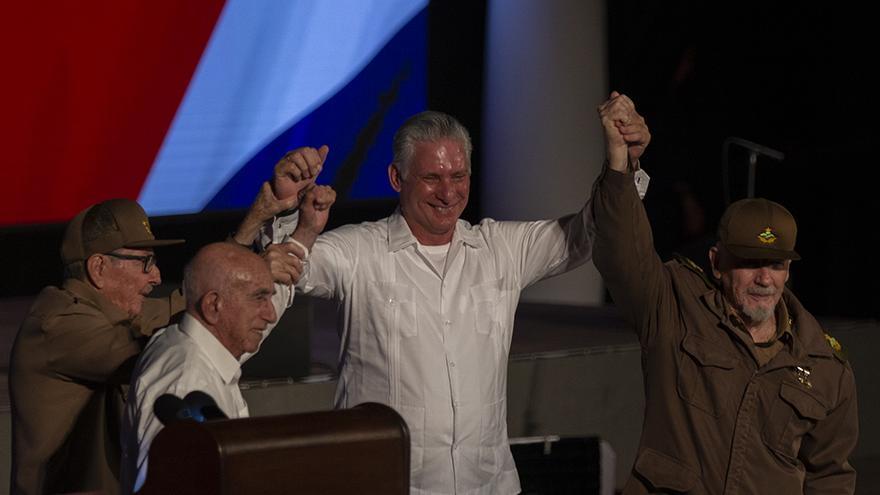This is one of the numerous utilities of the Diocesan Archive of Palencia, recently digitized in a database with 1.7 million records from 27,000 sacramental books containing data from parishioners dating back to the 16th century.
Since the Law of Democratic Memory was approved, which allows the great-grandchildren of Spaniards of origin to apply for nationality without having to wait for the parent, grandson or granddaughter of Spanish origin to obtain it in advance, the ecclesiastical records have received an avalanche of petitions.
Dozens of petitions arrive at the Diocesan Archive of Palencia every week. “During the days of Christmas that we have been closed, more than fifty have accumulated,” says its director, Dionisio Antolín, who emphasizes continue reading
that there are many descendants of emigrants, mainly Argentines and Cubans, who look for their roots in the ecclesiastical records to request Spanish nationality.
Through these searches, not only do they get a paper to apply for nationality, but in many cases ties are strengthened, because “the children and grandchildren of emigrants are finding relatives, cousins that in many cases they did not know they had,” he added.
Applying for Spanish nationality and tracing the family tree to find your roots going back to 1540 is possible thanks to the records of the church, which for centuries has counted every birth, marriage and death in each town in Spain.
In Palencia, 27,000 sacramental books containing data about millions of people have now been safely transferred to a new facility.
The Diocese Archive of Palencia has just moved. Until now it was located in the episcopal palace, but the risk posed by obsolete installations for the integrity of the documents that were kept there encouraged the Diocese to transfer them to another place that would ensure their conservation and consultation.
This move contained the history of the men and women who had lived in the province of Palencia since 1540, when some experienced parishes began to make the first records
This Tuesday, the apostolic bishop-administrator of Palencia, Manuel Herrero, and the director of the archive, Dionisio Antolín, inaugurated the new headquarters on San Marcos Street, in the facilities of the Major Seminary, which until recently occupied the Digital Space of the Junta de Castilla y León.
This move contained the history of the men and women who lived in the province of Palencia from 1540, when some experienced parishes began to make the first records, since these were not mandatory until 1563 with the Council of Trent.
They encompass a huge number of documents, and the data allow the tracing between the past and the present by reading the birth and baptism certificates, death certificates, marriages, confirmations and all the sacraments that the parishioners received.
These books provide a testimony of the inhabitants of the province, “to know who they married, the children they had, who were the godparents,” explained Dionisio Antolín, but also to trace the family tree of any family since 1540.
“They are sacramental books that make us aware of the lives of the men and women of the province over the centuries,” Antolín insisted, appealing to the pride of having a human heritage “that should interest us all and that must be preserved.”
“We know that they were important data to avoid blood marriages at a time when someone born in a town often lived, married and died in the same place”
“We have to know that they were important data to avoid blood marriages at a time when someone born in a town often lived, married and died in the same place. They also bring us closer to epidemics that decimated the population in many towns.”
As the director of the archive explains, a total of 12,000 folders have been moved from the old facilities located in the Bishopric.
Each folder can contain one to five books, although some are so large that they do not fit into a single one. “We can say that there will be around 27,000 sacramental books of baptism, marriage and death mainly,” he said.
But in addition to these sacramental books, the ecclesiastical records preserve other parish books such as those about accounts, the factories, the brotherhoods, the minutes and the papal bulls that construct the history of each town and city.
Because, as Antolín points out, the history of a territory is not only made of great feats but is also supported by the lives of the men and women who inhabited them, and the ecclesiastical records and parish books are full of data that contribute to reconstructing that past.
So far, about 5,000 books have been digitized, and 1,700,000 records have been incorporated
Now, the entire file is being digitized and indexed, a huge task to which 92 volunteers dedicate hours and hours. Their quiet work has allowed, for example, Dionisio Antolín himself to be able to dive into the history of his last name and go back to 1570 in the history of his family in his hometown, Villanueva del Río.
And it will allow anyone interested to do the same by searching a database that grows every day. At the moment, about 5,000 books have been digitized, and 1,700,000 records have been incorporated.
“Each record includes the name and surnames of a person, the names of their parents, their date of birth, baptism, their godparents, maternal and paternal grandparents….” And between 1,700 and 2,000 records are being incorporated every day, he added.
In addition, before long, this database will be accessible through a website without having to search the computers located in the main room of the new archive.
Translated by Regina Anavy
____________
COLLABORATE WITH OUR WORK: The 14ymedio team is committed to practicing serious journalism that reflects Cuba’s reality in all its depth. Thank you for joining us on this long journey. We invite you to continue supporting us by becoming a member of 14ymedio now. Together we can continue transforming journalism in Cuba.
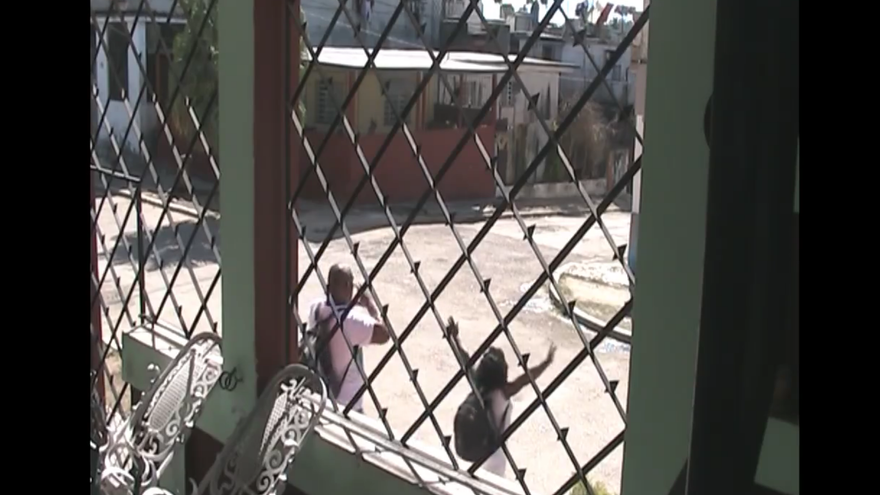
![]() EFE (via 14ymedio), Havana, January 30, 2024. — The leader of the Cuban opponents Damas de Blanco [Ladies in White] Berta Soler, denounced on Monday that she was arrested for hours along with her husband, former political prisoner Ángel Moya, and a dozen other members of the group in Havana and Matanzas. Soler reported on social networks the arrest of a member of the Ladies in White in the Havana neighborhood of Calabazar and others in Perico and Colón.
EFE (via 14ymedio), Havana, January 30, 2024. — The leader of the Cuban opponents Damas de Blanco [Ladies in White] Berta Soler, denounced on Monday that she was arrested for hours along with her husband, former political prisoner Ángel Moya, and a dozen other members of the group in Havana and Matanzas. Soler reported on social networks the arrest of a member of the Ladies in White in the Havana neighborhood of Calabazar and others in Perico and Colón.
